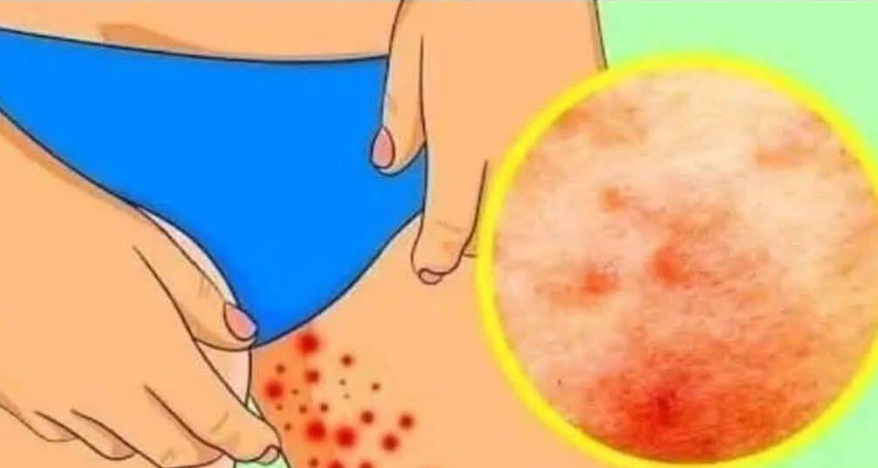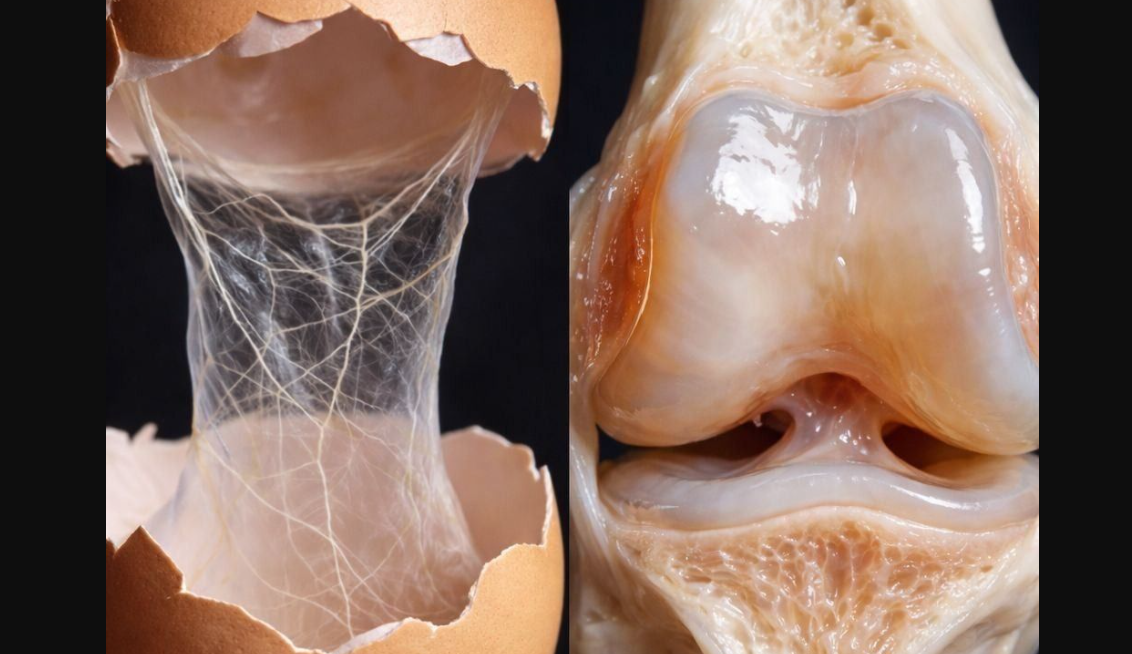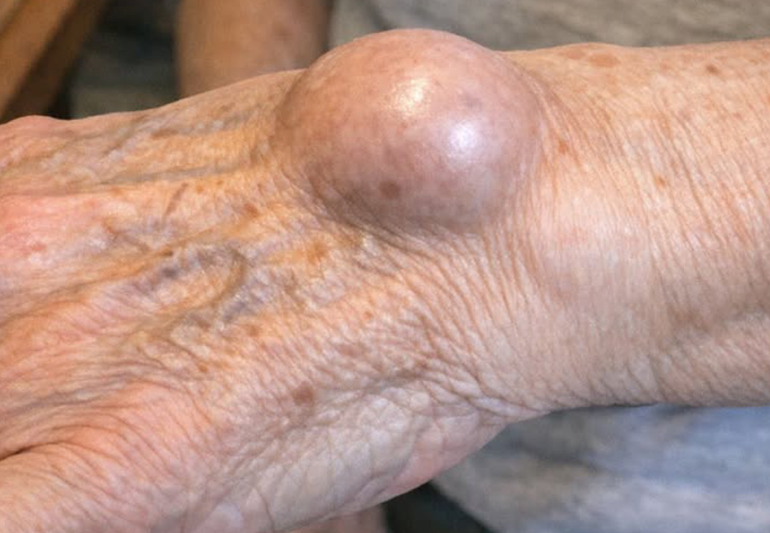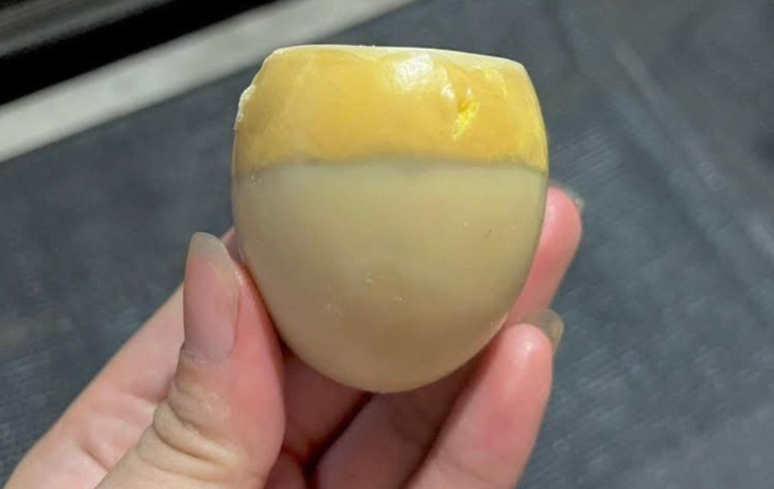Muscle cramps can arise from dehydration, overexertion of muscles, fatigue, nerve irritation, or imbalances in electrolytes. Traditional remedies include stretching, massaging the affected area, and consuming potassium-rich foods, but pickle juice has gained popularity as a rapid solution for cramp relief.
Remarkably, pickle juice delivers relief in as little as 30 to 90 seconds, suggesting its mechanism extends beyond simply restoring electrolytes.
The vinegar in pickle juice stimulates receptors in the mouth and throat, triggering signals that temporarily interrupt the nerve misfires responsible for cramps.
For fast relief, consume two to three ounces of pickle juice at the onset of a cramp. However, due to its high sodium content, use it cautiously, particularly if you have kidney issues or high blood pressure.
Pickle juice may worsen symptoms for individuals with acid reflux. It proves most effective for athletes experiencing cramps after physical activity and for older adults dealing with nighttime leg cramps.
While highly effective, pickle juice should complement other strategies like stretching, maintaining a diet rich in potassium and magnesium, staying well-hydrated, and adopting preventive measures, rather than serving as a standalone solution.
Though pickle juice does not address the root causes of cramps or replace the need for electrolyte balance, it offers an affordable and swift way to alleviate discomfort by interrupting nerve signals






